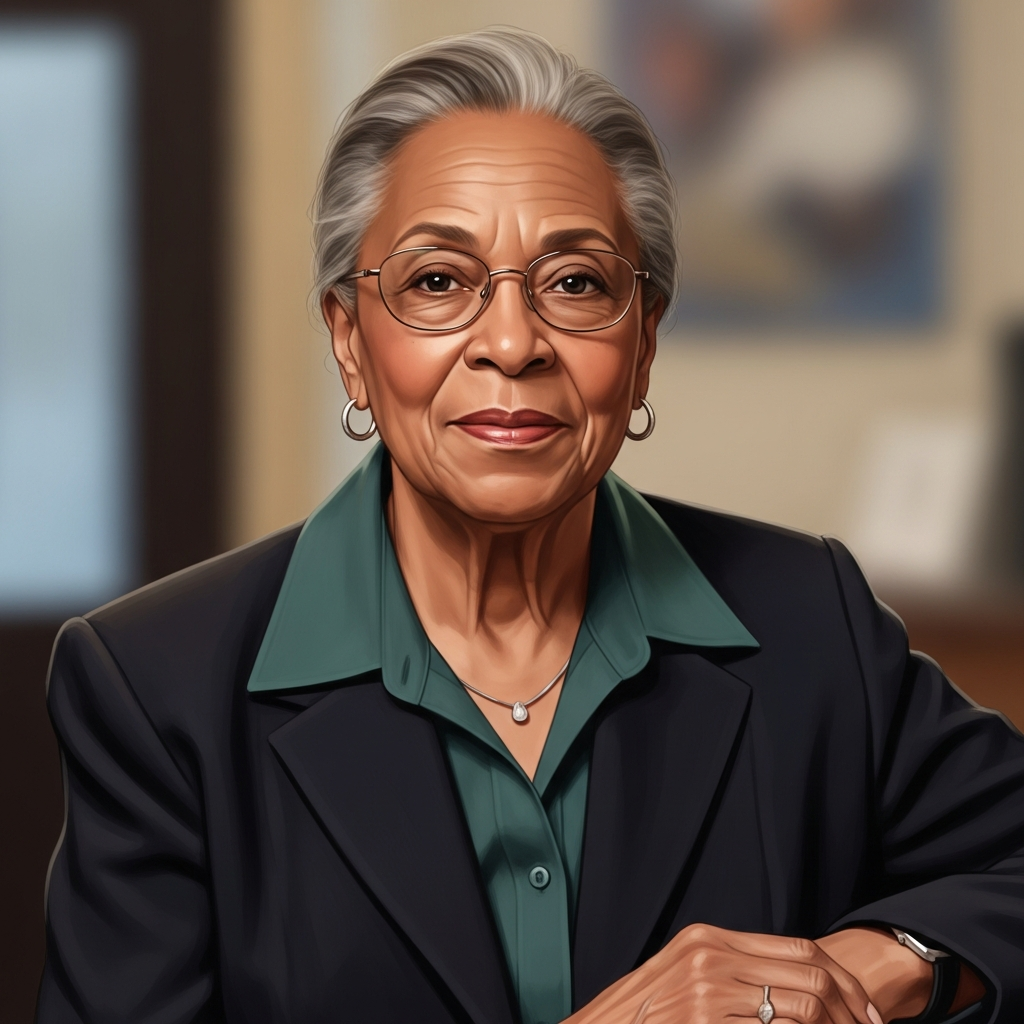Marlee Matlin stands as a towering figure in Hollywood history. At just 21, she became the youngest ever winner of the Best Actress Oscar and remains the only deaf performer to have achieved this milestone, earning the award for her powerful debut in Children of a Lesser God in 1987.
Yet, as a new documentary, Marlee Matlin: Not Alone Anymore, directed by deaf actor Shoshannah Stern, reveals, this groundbreaking triumph was intertwined with profound personal challenges and did not immediately open floodgates for deaf talent in the industry. Decades later, despite advocating fiercely for change, Matlin still faces the frustrating reality encapsulated in her least favorite question: “Are you working? What’s next?”
Revisiting a Historic Moment with a New Lens
The documentary revisits Matlin’s iconic Oscar win, but with a critical difference. Director Shoshannah Stern removes the thunderous applause, leaving only the visual of Matlin’s face. This directorial choice highlights a crucial point: hearing audiences often miss crucial details by relying solely on sound. Without the celebratory audio, Matlin’s expression is revealed not just as overwhelmed shock, but tinged with fear.
Matlin has shared that walking to the stage, she knew her co-star and then-boyfriend, William Hurt, who was 16 years her senior, was intensely jealous of her success. This fear was rooted in an abusive relationship that predated and continued during her meteoric rise. Stern, a deaf filmmaker, aimed to challenge the typical hearing perspective, urging viewers to “listen with their eyes” and see the layers present in Matlin’s historic moment that were obscured by sound and public perception.
Championing Authentic Representation
Matlin’s decision to participate in the documentary was contingent on having a deaf director, specifically Stern, a long-time friend and collaborator. This insistence stems from a career spent navigating a hearing-centric industry that often imposes a “forced perspective.”
Working with Stern allowed Matlin to communicate freely in American Sign Language (ASL) without worrying about interpreters being on camera or how her language was being translated. As Stern notes, the goal wasn’t just what Matlin said, but how she spoke, demonstrating the difference when communication barriers are removed and perspectives shift. This echoes Matlin’s broader advocacy for authentic casting, famously stating “Deaf is not a costume” when fighting to ensure deaf actors were cast in the deaf roles for the acclaimed film CODA. She believes actors who have lived the deaf experience are uniquely equipped to portray these characters truthfully.
Beyond the Wins: The Ongoing Struggle for Work
Despite her legendary status and the recent Oscar win for CODA co-star Troy Kotsur – making him only the second deaf actor to win the award – both Matlin and Stern are clear: significant opportunities for deaf actors have not materialized.
Matlin openly acknowledges the difficulty she faces in finding consistent work. The industry often expects deaf and other minority creatives to paint an overly optimistic picture of representation progress, but this doesn’t align with the reality of the job market. As Matlin puts it, the question “Are you working? What’s next?” is hard precisely because the answer isn’t always readily available. This inconsistency in work impacts everything from maintaining health insurance to simply pursuing their passion.
Advocacy and Accessibility: A Systemic Challenge
Matlin’s fight extends beyond casting to broader accessibility. She was a key advocate for legislation requiring closed captioning on US television and streaming services, a vital step for deaf audiences. However, challenges persist throughout the industry.
Award shows, for instance, often still require prompting for basic accessibility measures like proper interpreter lighting, strategic seating for deaf attendees, and comprehensive captioning, as Matlin has shared from her own experiences, including work on the Academy’s Board of Governors. While progress exists, exemplified by accessible events like the Media Access Awards which serve as a blueprint for inclusive production and hiring disabled talent, mainstream Hollywood often lags, sometimes overlooking “access and accessibility” within broader diversity discussions.
Accessibility is also a challenge for audiences. Research shows that a significant majority of disabled moviegoers prefer the theater experience, yet only a tiny fraction report having their ideal accessibility needs met. Improving access is not just an inclusion issue but a potential business opportunity, though theaters, like the rest of the industry, still have significant work to do.
Facing Personal Truths and Pushing Forward
The documentary also touches on Matlin’s personal journey, including her struggles with addiction, entering rehab during her Children of a Lesser God awards run, and her decision to disclose past abuse, including by William Hurt, in her 2009 memoir. Years before the #MeToo movement, her accounts were often met with skepticism or dismissal by interviewers. Matlin was, as Stern notes, “ahead of the curve” in speaking her truth.
Even recently, following Hurt’s death, Matlin observed public debates questioning her past accounts but chose to step away from the online discourse, drawing on past experiences where speaking out didn’t lead to help or recognition. She prioritizes her own truth and resilience.
Through Marlee Matlin: Not Alone Anymore, Matlin and Stern hope to challenge deeply ingrained perspectives. They aim for the film to make viewers think differently about deafness, representation, and accessibility. Matlin remains passionate about acting and the business, even as she navigates its persistent barriers. The documentary serves as a powerful reminder that while history has been made, the crucial work of creating a truly inclusive and accessible Hollywood is far from finished.



